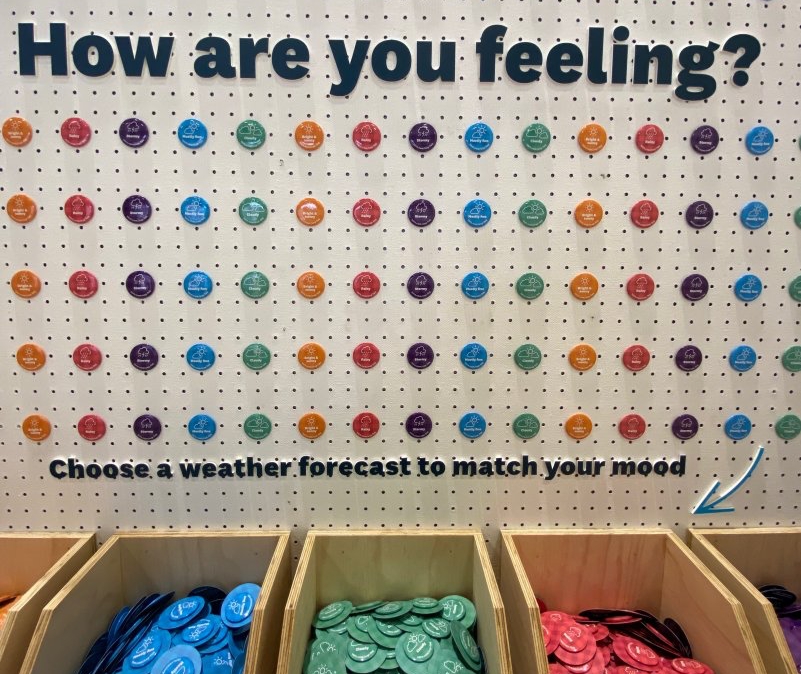A couple of weeks ago, I had the pleasure of attending Fieldays. It was the first one since 2019 before the pandemic. When Covid-19 hit our shores, hundreds of events were cancelled, and thousands of social engagements put on ice.
When I looked around to see reunited friends, family and business partners, what struck me was the atmosphere of relief and revelry. It reminded me of the age old adage: You don’t know what you’ve got until it’s gone.
For an industry as expansive as New Zealand agriculture, the connections we missed from not having Fieldays last year was obvious.
Bringing everyone back together for a few days was a powerful moment, especially as we continue to tackle the stigma of wellbeing in the sector.
“Although the agricultural industry as a whole didn’t change much outside of a few clear exceptions, it certainly impacted how we interacted with people and stayed connected.” Craig Hudson
Welcome emphasis on mental health
We’ve been present at Fieldays since 2014 and this increased emphasis on mental health and wellbeing has been extremely encouraging to see, especially after the last 12 months.
A lot of the conversations we had were about how Covid-19 impacted workers. Although the agricultural industry as a whole didn’t change much outside of a few clear exceptions, it certainly impacted how we interacted with people and stayed connected.
These pressures, among others, were triggers that saw a dialogue open up on wellbeing – stories that were shared with us at the Fieldays – and I was blown away by the mana of those I spoke to.
It’s becoming increasingly clear that Kiwis are getting more comfortable with their own wellbeing, and with being okay to ask for help. And, crucially, you don’t have to be struggling in crisis to do so.
With this in mind, we’ve been working hard alongside Farmstrong to give farmers some simple steps to support positive wellbeing for themselves and their teams.
These steps include the importance of taking time out; managing stress and avoiding burnout; and practicing healthy thinking.
That last one can be tricky, but there’s a simple trick to catching it.
Healthy thinking teaches you to ask three key questions when you’ve caught a negative thought. Is the thought true? Is it worth it? Does it help me achieve my goals? If it’s unhelpful, come up with alternative ways of thinking about the situation.
Prioritising wellbeing doesn’t have to be complicated or expensive. It can be as simple as practising mindfulness, breaking things down into small, manageable steps such as focusing on one job at a time and delegating tasks.
And if you do need to talk to someone, there are options available like the Xero Assistance Programme (XAP), which offers free confidential counselling to Xero customers.
For many the workplace is a central role
For many people, their workplace can play a central role in building their resilience and positive mental wellbeing. I understand first-hand the impact work can have on your mental health, particularly when you are in crisis.
We also know that investing in wellbeing makes business sense. Economic research from NZIER revealed that wellbeing investment can return up to 12:1 through increased productivity.
A focus on wellbeing will improve the workplace for everyone, and small changes can be immensely beneficial for your team and for your business.
The pandemic brought to light a lot of learnings, and these lessons should remain front and centre for all Kiwis as we continue to recover from the impacts of 2020.




